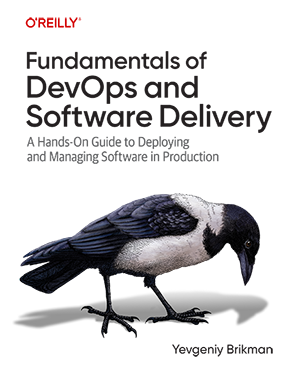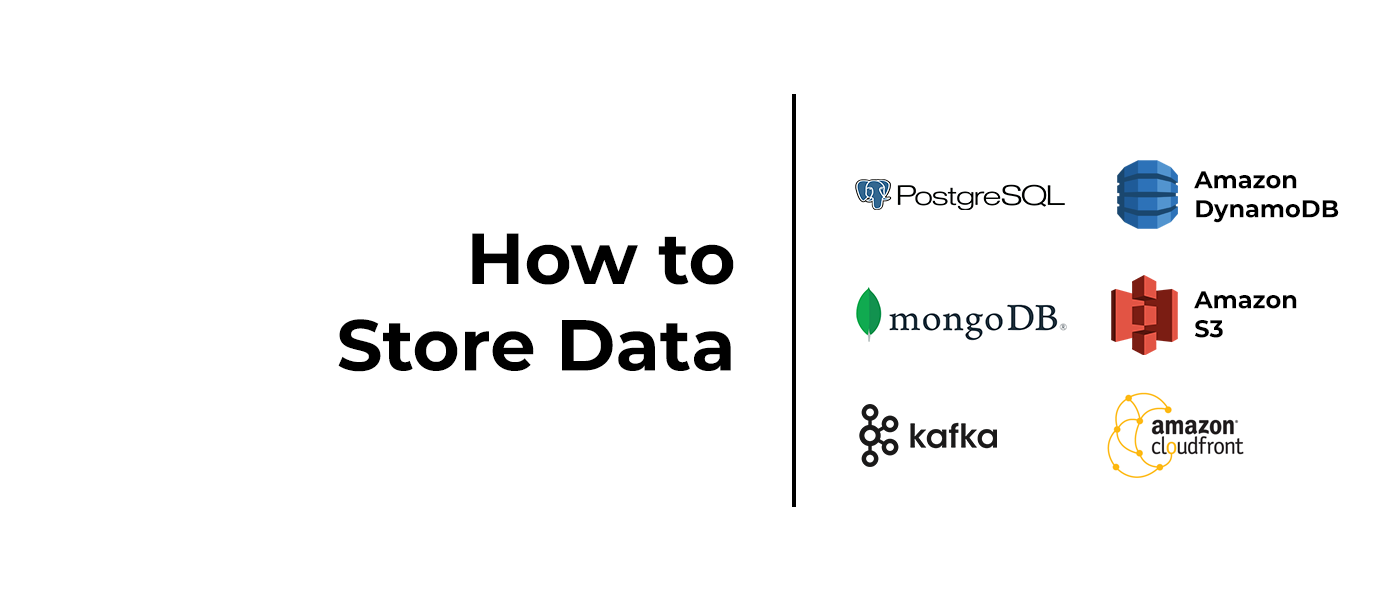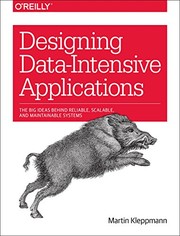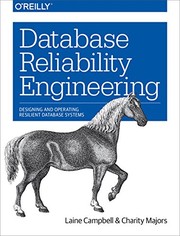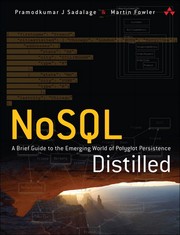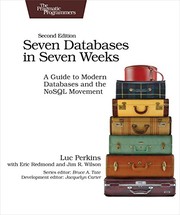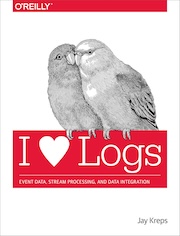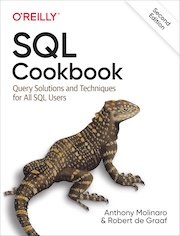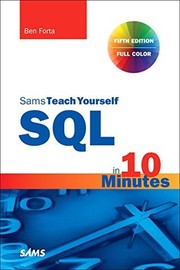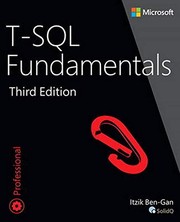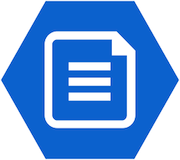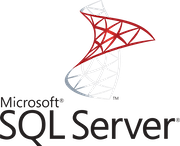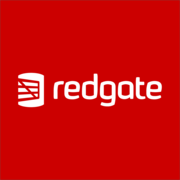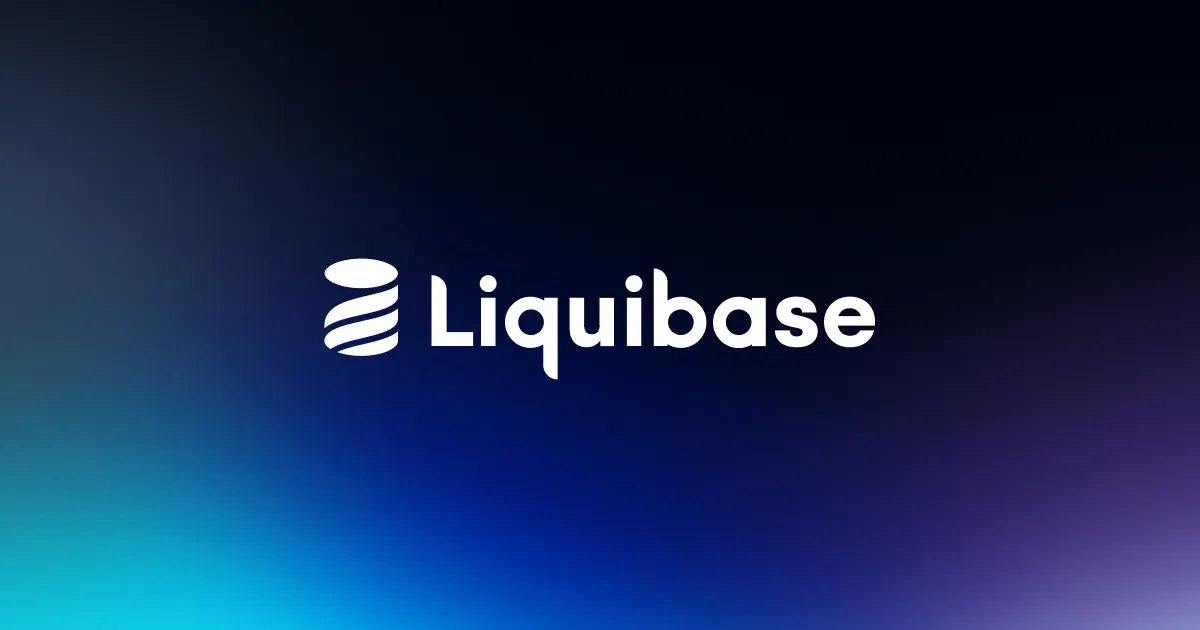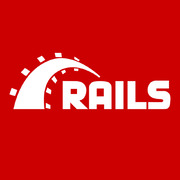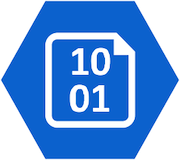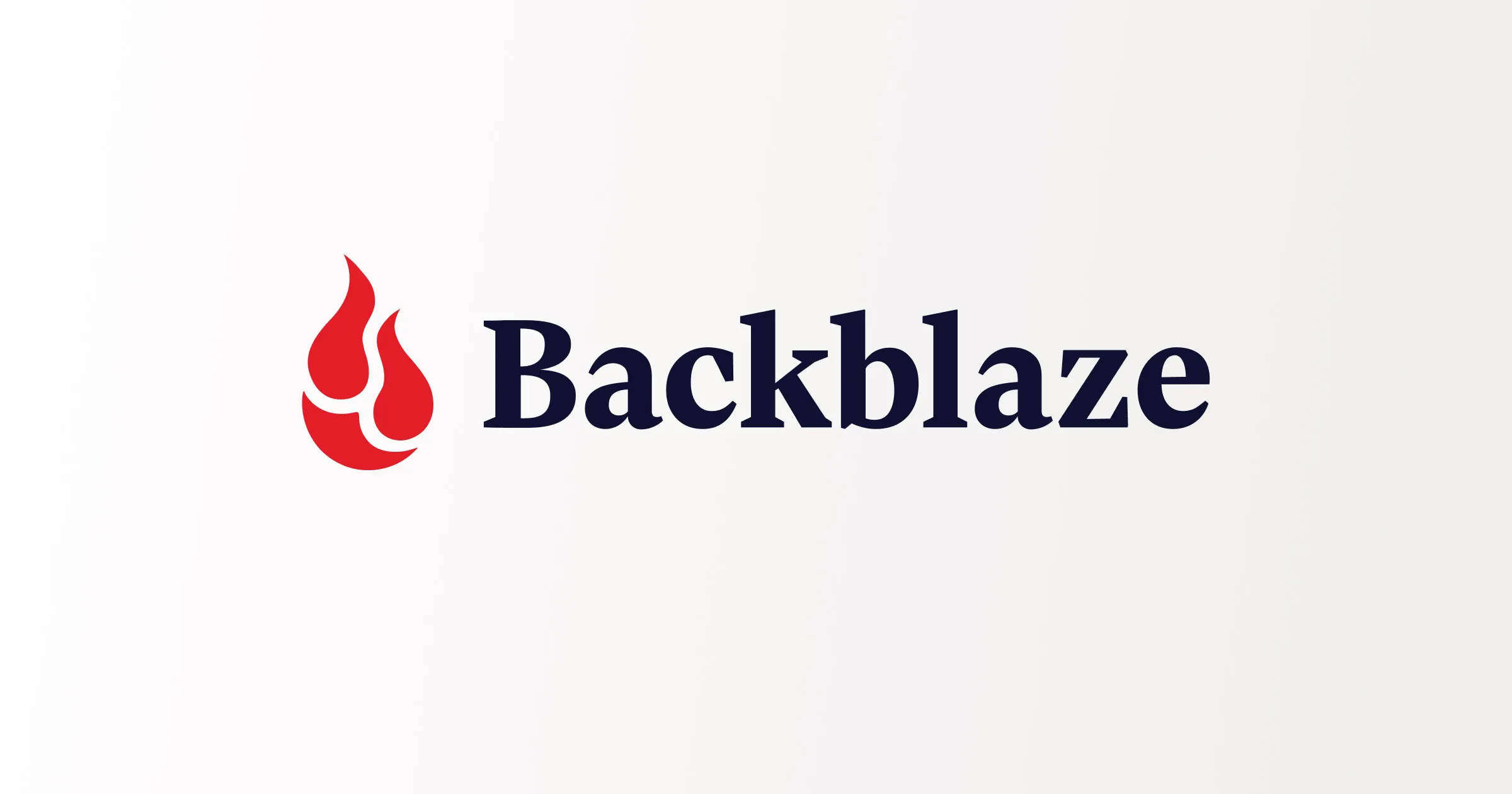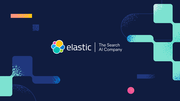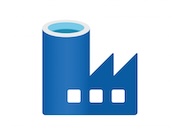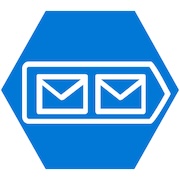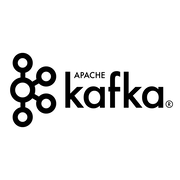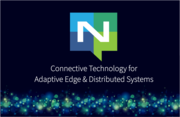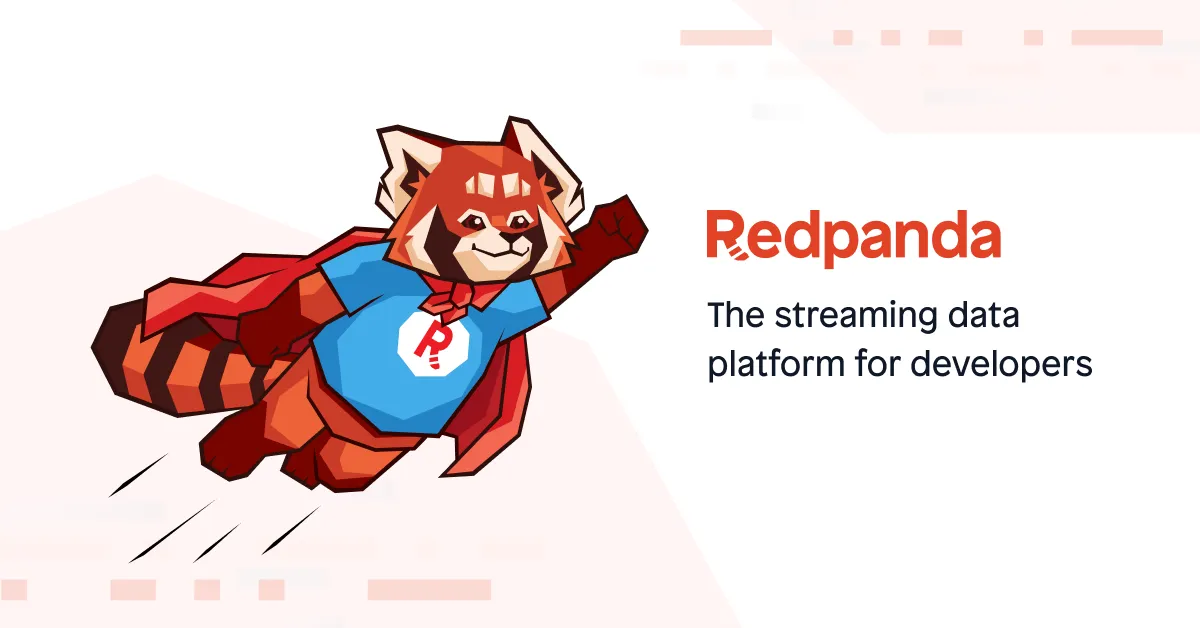Learn how to store data, including how and when to use relational databases, key-value stores, file stores, object stores, CDNs, document stores, columnar databases, queues, streams, and more.
9.1 Local Storage: Hard Drives
9.2 Primary Data Store: Relational Databases
9.2.1 Reading and Writing Data
9.2.2 ACID Transactions
9.2.3 Schemas and Constraints
9.2.4 Example: PostgreSQL, Lambda, and Schema Migrations
Create an OpenTofu module
Create schema migrations
Create the Lambda function
9.3 Caching: Key-Value Stores and CDNs
9.3.1 Key-Value Stores
9.3.2 CDNs
9.4 File Storage: File Servers and Object Stores
9.4.1 File Servers
9.4.2 Object Stores
9.4.3 Example: Serving Files With S3 and CloudFront
Create an S3 bucket configured for website hosting
Upload static content to the S3 bucket
Deploy CloudFront as a CDN in front of the S3 bucket
9.5 Semi-Structured Data and Search: Document Stores
9.5.1 Reading and Writing Data
9.5.2 ACID Transactions
9.5.3 Schemas and Constraints
9.6 Analytics: Columnar Databases
9.6.1 Columnar Database Basics
9.6.2 Analytics Use Cases
9.7 Asynchronous Processing: Queues and Streams
9.7.1 Message Queues
9.7.2 Event Streams
9.8 Scalability and Availability
9.8.1 Relational Databases
Replication
Partitioning
9.8.2 NoSQL and NewSQL Databases
9.8.3 Distributed Systems
9.9 Backup and Recovery
9.9.1 Backup Strategies
Scheduled disk backups
Scheduled data store backups
Continuous data store backups
Data store replication
9.9.2 Backup Recommendations
9.9.3 Example: Backups and Read Replicas with PostgreSQL
9.10 Conclusion
